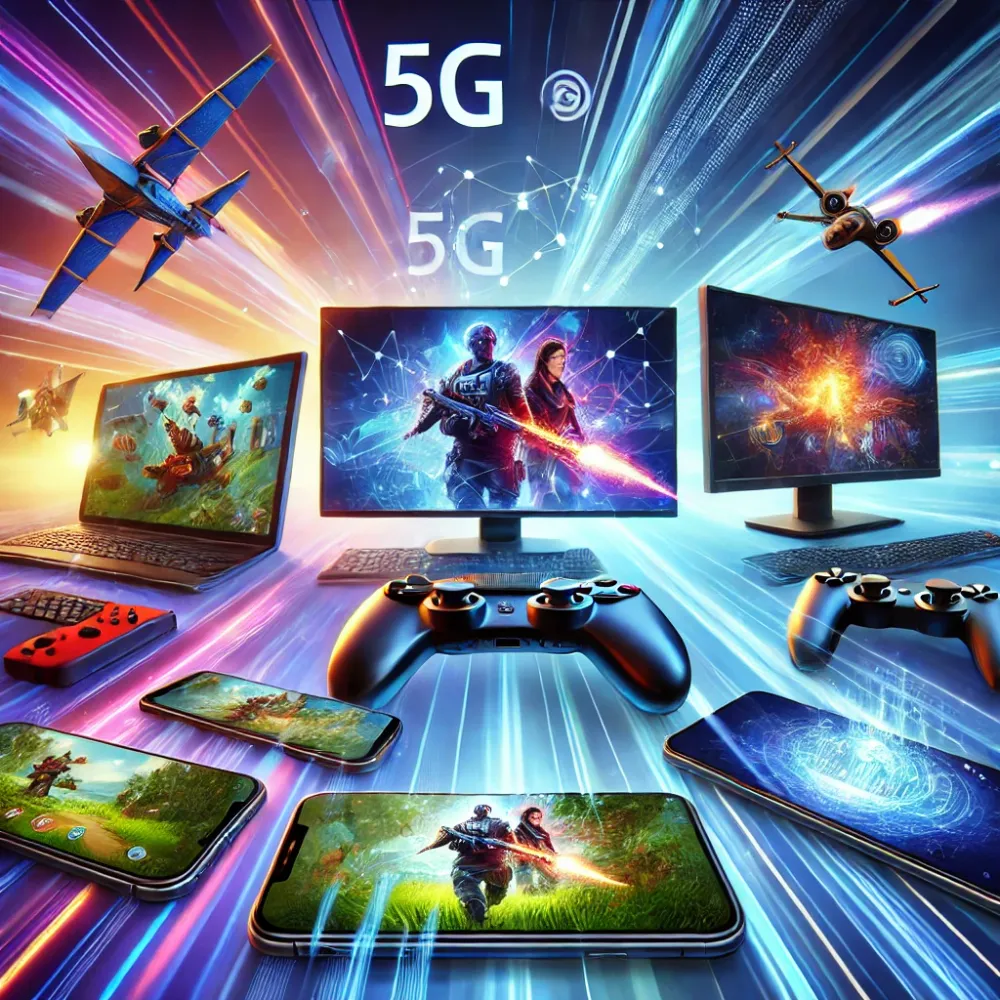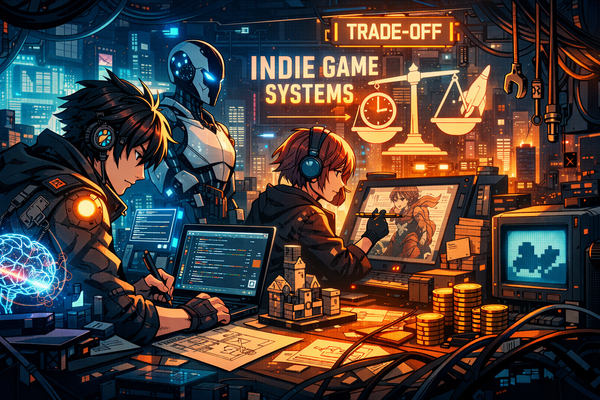The future of mobile gaming: trends, cross-platform growth, and monetization strategies for 2024
As we navigate through 2024, the mobile gaming industry is not just maintaining its rapid growth; it’s reshaping the entire gaming landscape. With a user base approaching 1.9 billion, mobile gaming isn't merely an extension of traditional gaming—it’s becoming the primary platform for innovation, revenue generation, and global engagement.
The shift towards cross-platform integration The once-clear boundaries between console, PC, and mobile gaming are increasingly blurred, thanks in large part to the rise of cross-platform integration. Games like "Genshin Impact" and "Fortnite" have set new standards by allowing players to switch seamlessly between devices without losing progress or quality. This trend is more than a technical achievement; it’s a reflection of the growing demand for flexibility and inclusivity in gaming. The ability to play with friends across different platforms has fostered a more connected gaming community, making games more accessible to a diverse global audience.
Impact of the digital markets act on mobile gaming One of the most transformative developments in mobile gaming this year is the European Union's Digital Markets Act (DMA). Designed to level the playing field, the DMA challenges the stronghold that major platforms like Apple and Google have over app distribution and monetization. For mobile game developers, this act represents a significant opportunity to explore direct-to-consumer strategies. By bypassing traditional app store gatekeepers, developers can retain a larger share of revenue, innovate freely, and offer players more diverse payment options. This shift could be a game-changer, particularly for smaller studios looking to make their mark in a highly competitive industry.
Evolving monetization strategies in mobile gaming Monetization strategies within mobile gaming are evolving rapidly to keep pace with changing consumer behaviors and preferences. Traditionally, in-app purchases (IAPs) have been the backbone of mobile game revenue, particularly in core genres like strategy and RPGs. However, there's a noticeable shift towards hybrid models that combine IAPs with ad-based monetization. This approach allows developers to cater to both paying users and those who prefer to engage with ads. The challenge lies in balancing these strategies to maximize revenue without compromising the user experience. As more developers experiment with these models, we’re likely to see even more innovative monetization strategies emerge.
The power of user-generated content User-generated content (UGC) is no longer a niche aspect of gaming; it’s becoming a central pillar of game design and community engagement. Platforms like Roblox and Minecraft have demonstrated the immense value of empowering players to create and share their own content. This trend is particularly potent in mobile gaming, where the barriers to entry are lower, and the potential for viral content is higher. UGC not only increases player engagement but also extends the lifespan of games, as players continuously generate new content and experiences. As this trend grows, developers will need to find ways to support and monetize UGC without stifling creativity.
Telecom partnerships and the role of 5G in gaming The deployment of 5G networks is set to revolutionize mobile gaming by providing the ultra-fast, low-latency connections needed for cloud gaming, virtual reality, and other data-intensive applications. Telecom companies are increasingly recognizing mobile gaming as a lucrative market, leading to strategic partnerships that benefit both industries. These partnerships often involve bundling game services with telecom plans, offering exclusive content, or providing seamless payment options through mobile carriers. As 5G becomes more widespread, we can expect even more innovative collaborations between telecoms and game developers, further enhancing the mobile gaming experience.
Looking forward: the future of mobile gaming The future of mobile gaming is bright, driven by cross-platform capabilities, regulatory changes, and evolving monetization strategies. As the industry continues to innovate, mobile gaming is likely to cement its position not just as a dominant force in gaming but as the central hub for interactive entertainment. Developers, telecom companies, and regulators all play crucial roles in shaping this future, ensuring that mobile gaming remains inclusive, innovative, and profitable for years to come.




